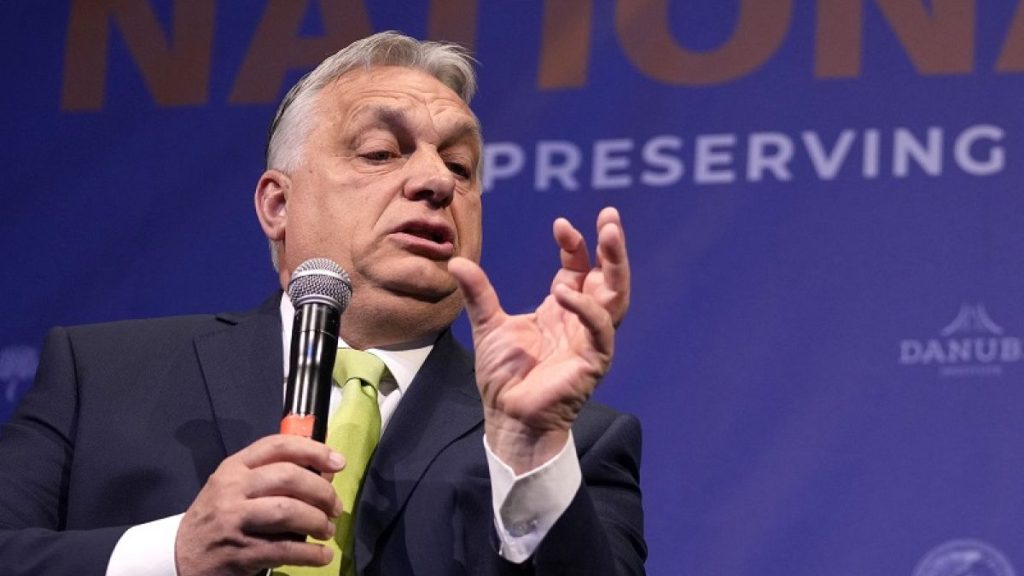Hungarian voters expressed skepticism when interviewed by Euronews about the impact of voting in the upcoming European Elections. The Hungarian public media has heavily influenced the election campaign, shaping many individuals’ perceptions of the EU and its institutions. Some voters in Southern Hungary expressed doubts about the ability of elections to bring about meaningful change, with some believing that the everyday citizen did not have the time or information to make informed decisions. One woman noted that many people in her community did not bother to vote, dismissing it as ineffective in bringing about change.
Some Hungarian voters also expressed a belief that young people were more engaged in EU politics, while older individuals were less interested. This divide highlights a generational gap in attitudes towards the importance of participating in European elections. Despite the differing opinions among voters, it is clear that there is a sense of disillusionment among some Hungarians regarding the potential impact of their votes. This sentiment may be influenced by the dominance of Hungarian public media in shaping the narrative around the EU, leading to skepticism and disengagement among segments of the population.
The upcoming European Elections have stirred a range of opinions among Hungarian voters, with some expressing uncertainty about the effectiveness of voting. The influence of Hungarian public media on shaping perceptions of the EU and its institutions has led to varying attitudes towards the upcoming elections. While some voters question the ability of elections to bring about meaningful change, others believe that young people are more engaged in EU politics. This divide highlights a generational gap in attitudes towards the importance of participating in European elections and underscores the need for diverse perspectives in the public discourse surrounding the upcoming vote.
The role of media in shaping public opinion and influencing voter attitudes towards the European Elections cannot be overstated. Hungarian public media has been instrumental in framing the election campaign, impacting how voters perceive the EU and its institutions. This influence has contributed to skepticism and disengagement among some Hungarian voters, who question the impact of their votes in bringing about change. The generational gap in attitudes towards EU politics also reflects differing perspectives on the significance of participating in the upcoming European Elections, highlighting the need for greater awareness and engagement among all segments of the population.
Despite the skepticism expressed by some Hungarian voters towards the upcoming European Elections, there remains a diversity of opinions and attitudes towards the role of voting in shaping the future of the EU. While some individuals doubt the ability of elections to bring about meaningful change, others acknowledge the importance of participation in shaping EU policies and decision-making. The influence of Hungarian public media in shaping perceptions of the EU has also played a significant role in shaping voter attitudes and contributing to disengagement among segments of the population. As the elections approach, it is essential for voters to engage with a range of perspectives and critically evaluate the information presented to make informed decisions at the polls.
In conclusion, the upcoming European Elections have generated a range of opinions among Hungarian voters, reflecting differing attitudes towards the impact of voting and the role of elections in shaping EU policies. The influence of Hungarian public media in shaping perceptions of the EU has contributed to skepticism and disengagement among some voters, highlighting the importance of diverse perspectives in the public discourse surrounding the upcoming vote. While there is a generational gap in attitudes towards EU politics, it is essential for all segments of the population to engage with the democratic process and make informed decisions at the polls. As Hungary prepares for the European Elections, it is crucial for voters to critically evaluate the information presented and participate actively in shaping the future of the EU.









